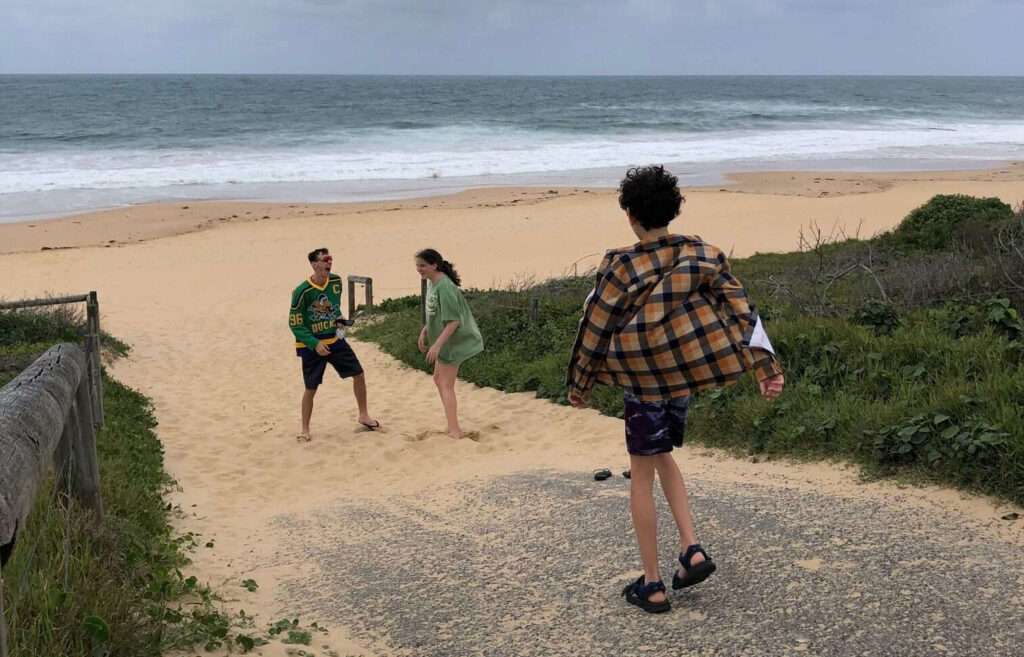
Stealth Homeschooling 101
Written by Lusi Austin from That Homeschool Life
Over the years, ‘are we doing enough?!‘ questions have plagued my mind, especially during challenging seasons. We might not have been able to cover what we wanted. Perhaps we had grand plans of visiting places that we didn’t.
Or maybe the read aloud books we’d purchased are still sitting untouched on a shelf. Sometimes I’ve had kiddos who are resistant to reading and writing. And my mind wonders, ‘Have we done enough?’
During these times, I’ve found that I have become more open to the fact that learning continues to happen every day. We favor peace and ease over stress and a monotonous routine.
And in doing so, I’ve found that my kiddos are not only more motivated to learn, but that their depth of engagement is deeper and more authentic too.
My job has evolved into playing what I call ‘learning facilitator and detective’. I observe what they are interested in, give suggestions and choices and then see the educational value in what my children are learning.
Let me give you couple of examples.
Stealth Homeschooling 101
One of my sons is dyslexic and autistic. He finds engaging with written materials quite challenging at times. He absolutely LOVES his new 3D printer though.
We chatted about what he was making. I asked him how he would remember the projects he has worked on – what worked and what didn’t. He said he wasn’t really sure so I suggested he start keeping a diary about his projects.
He loved this idea! I took him to the shops and he chose his journal. He wanted one without lines so that it had a lot of room to sketch his designs.
We got out the camera printer and he printed photos of some of his projects and stuck them in his journal too. He has been working away at this journal (without a fight or tears from either of us!) because he loves his 3D printer!
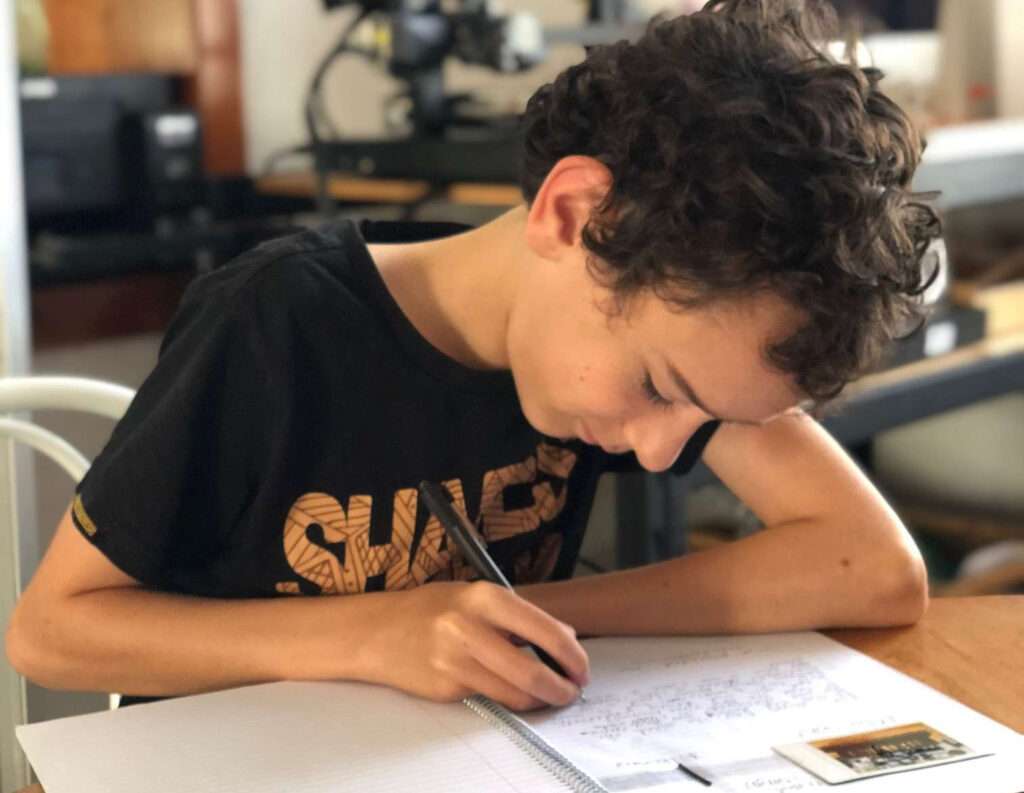
Observation, choice, and facilitation are all parts of my role as learning detective in stealth homeschooling!
The observation was made by me that he was loving his 3D printer. I also observed that he didn’t like writing. Giving him a choice over which type of journal to buy felt empowering to him. My role as facilitator was to take him to the shops and buy the journal.
Now, because he is 12, he’s not always going to remember to write in it regularly. So again, I observe if that’s happening.
I might suggest we add it in when we do our next Planning Monday Morning session. I might even give the choice to him like, “How many entries would you like to do this week – 3 or 5? I might need to buy more photo printing sheets as facilitator.
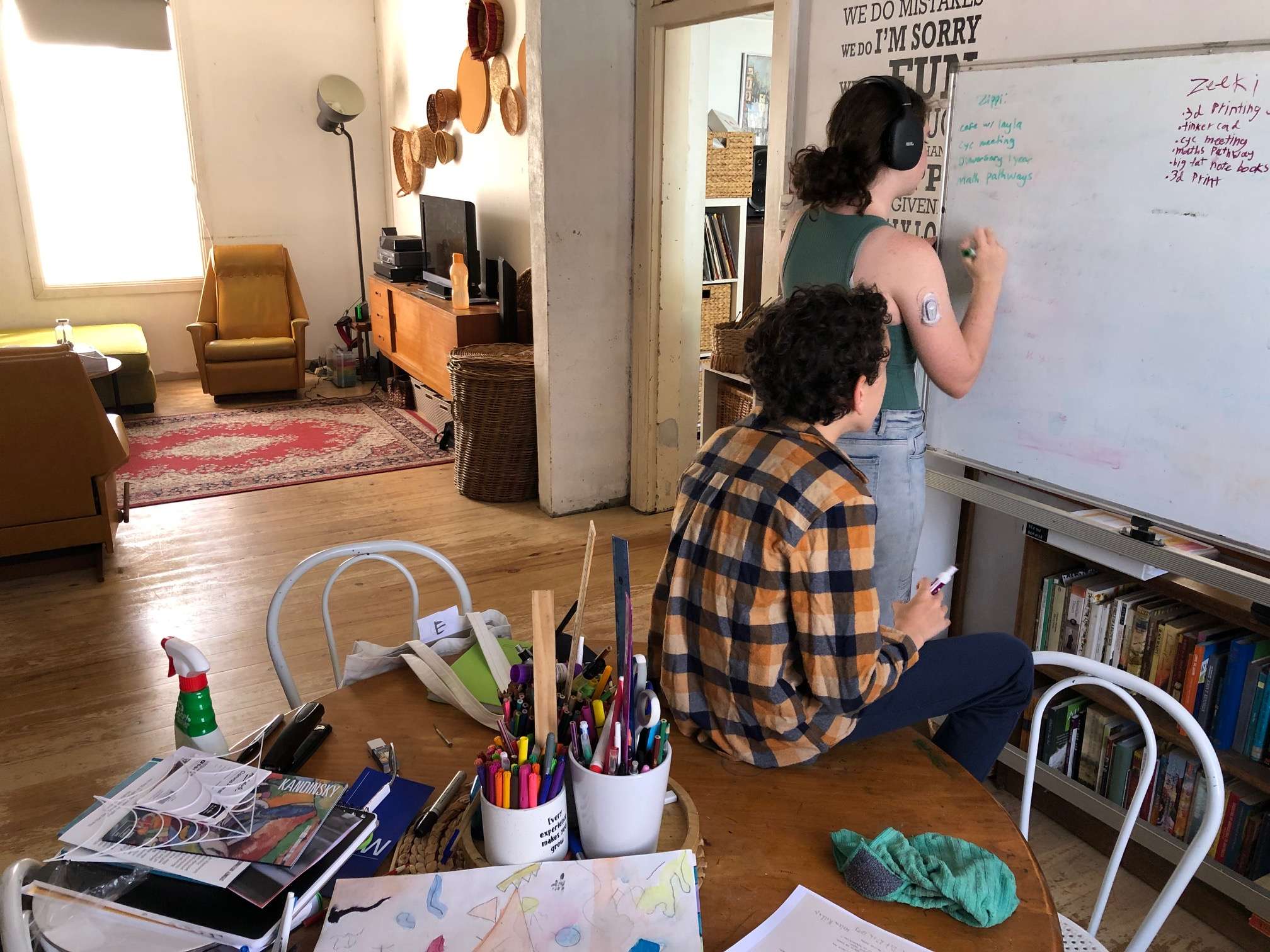
Here’s another example:
My daughter isn’t a huge fan of science. But…she loves science kits! Both Mr 12 and Miss 14 choose which parts they’ll do. They then take turns completing various stages of the kit. They both listen as I read aloud science information from the booklet that comes in the kit.
Of course we do other science learning too, but this has been a great, fun and easy way to make sure we cover science outcomes (that would otherwise be tough and painful to do!)
Can you see it again – observation, choice and facilitation? I observed that she’s not a huge fan of science, but DOES love step by step work and enjoys the kits.
I facilitated by buying and ordering the kits and they made choices about which parts they’d do to complete the kit. 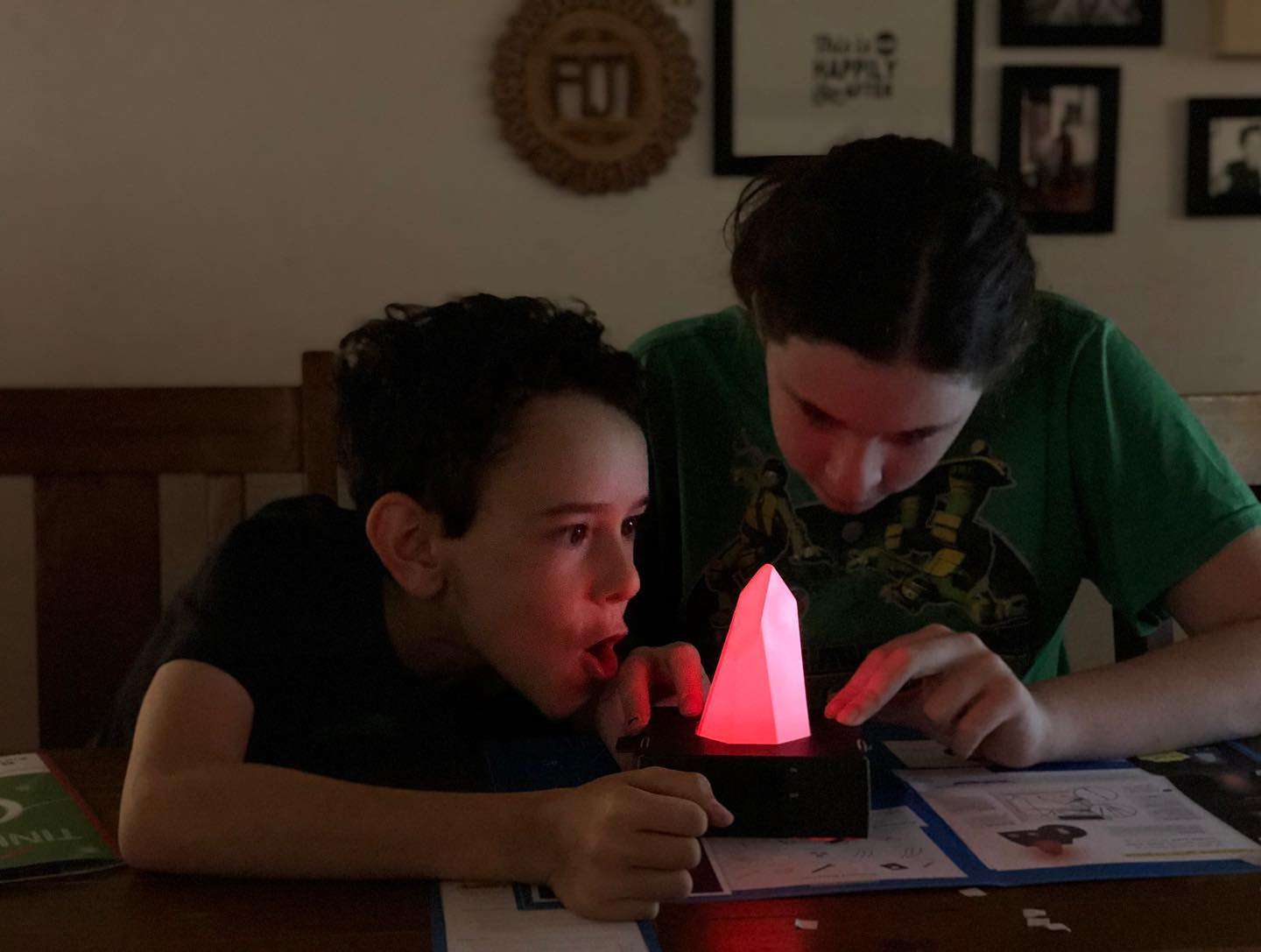
We went on holiday recently. A beach holiday for rural-living kids presents lots of learning moments! I didn’t plan on doing any structured learning whilst away.
Instead, there was a lot of subtle, incidental learning. I sometimes use a free program to help me incorporate stealth homeschooling (great for those of us with brain fog!) I enter the activity and select the subjects I want it to cover and the program then shows me what we have learned.
Here’s how it works:
Activity: We went to the beach and swam in different types of water – a calm lagoon and the wild ocean. There was a red flag on one of the beaches so I encouraged my son to ask the lifeguard what the flag meant (red means the beach is closed!) He told us about rips and pointed out examples of those, of sand dunes and wind patterns.
Learning:
- Enhanced communication skills through meaningful conversations with life guards about flags and safety measures at the beach and lagoon.
- Expanded vocabulary with terms related to beach safety such as rip currents, warning flags, and water conditions.
- Developed listening skills by actively engaging in discussions with life guards to gather information about different types of flags and their meanings.
- Improved comprehension skills by understanding the importance of adhering to flag warnings and following the instructions provided by life guards.
I hope you have gathered some clues to incorporate in your own homeschooling lives. Let’s use all the tools that are out there to make our jobs as learning detectives that little bit easier!
Enjoy your stealth homeschooling!
What’s Your Homeschool Mom Personality? Take Jamie’s quiz now and receive a free personality report to help you organize your homeschool based on what your type needs most!

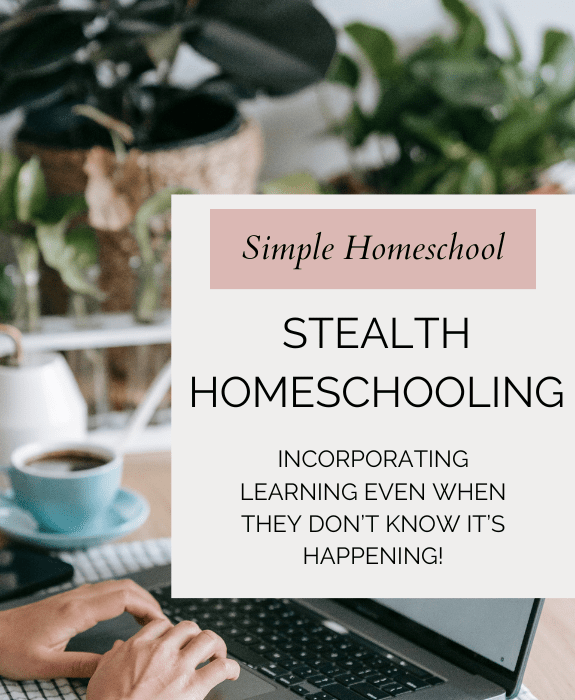
 Weekend homeschool links: March 22nd
Weekend homeschool links: March 22nd
Thank you SO much for the link to the free program that “tells you what your kids are learning.”. This is amazing! I love doing interest led learning in our home school but sometimes struggle with how these activities fit into our “required learning” from the state. This helps put my mind at ease AND gives my brain a much needed break from coming up with it myself. As usual you are so helpful!!
Thanks so much for taking the time to comment Sarah. I’m really glad that the free program will help. I’ve found it helpful too especially in the brain-fog moments of chronic illness.
You’re doing a great job mama!
Lusi x